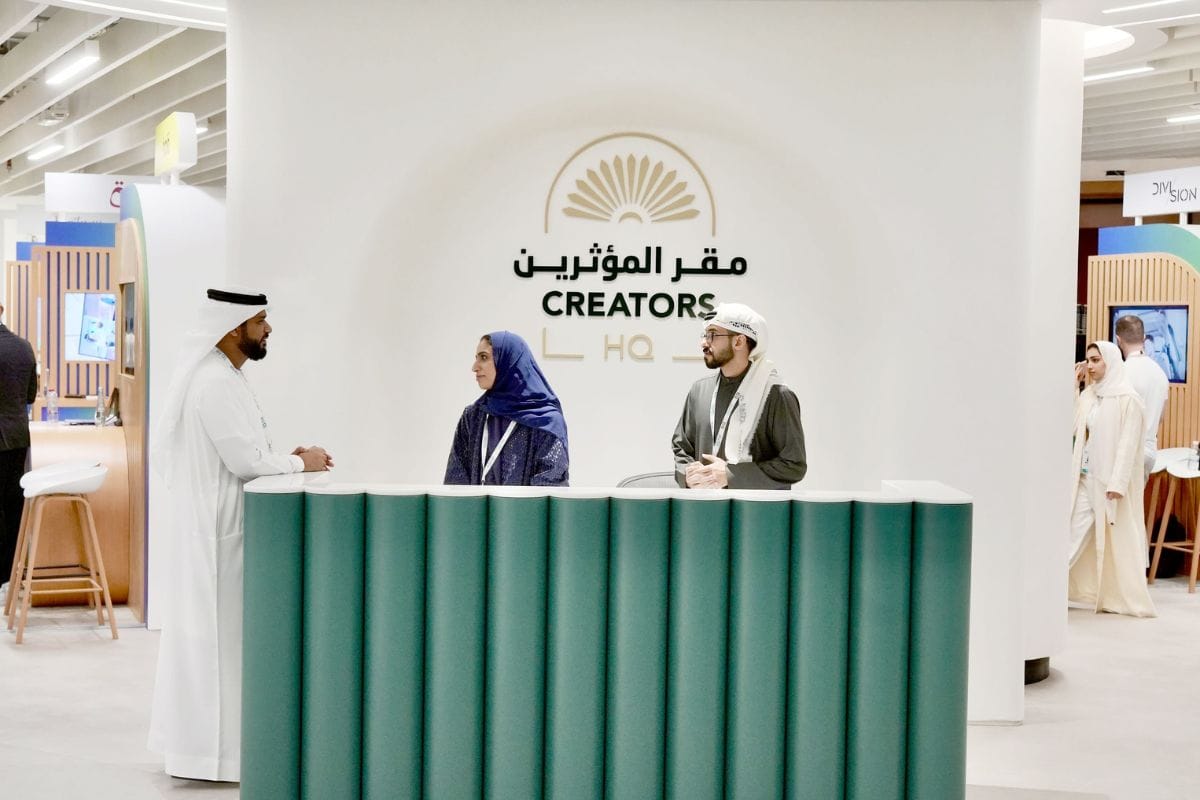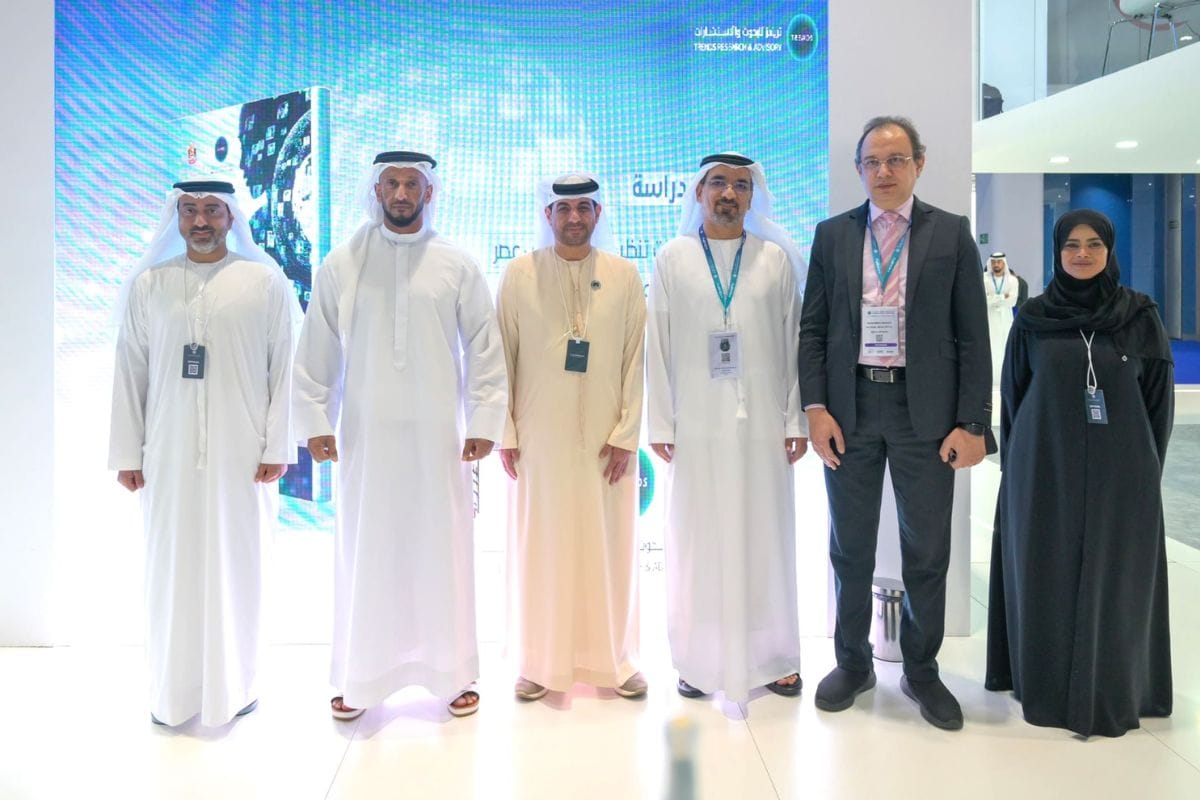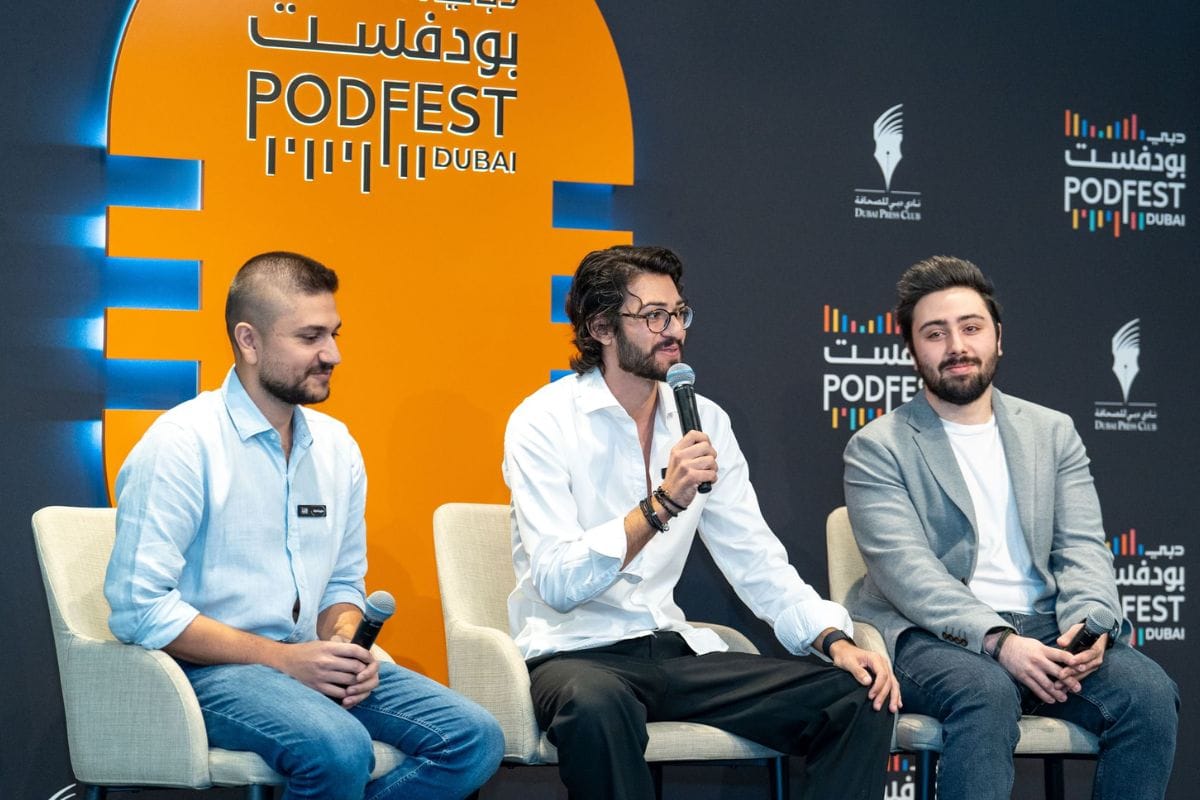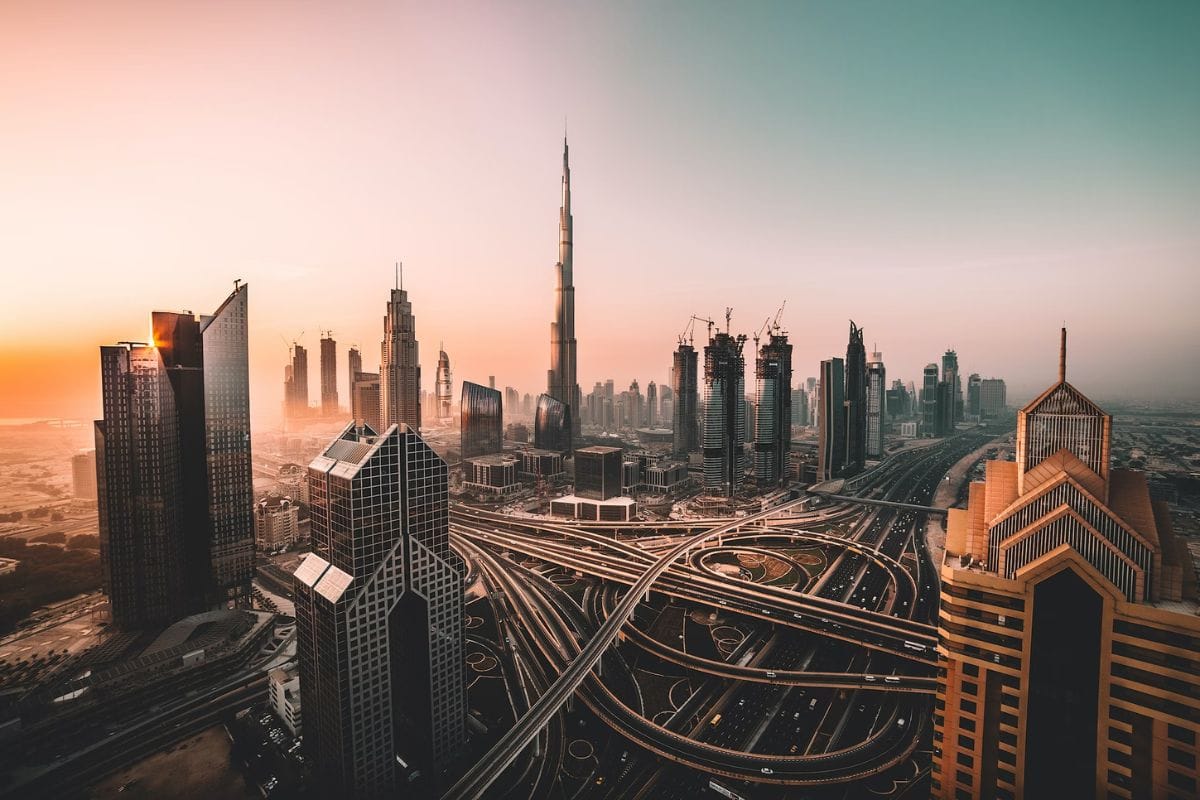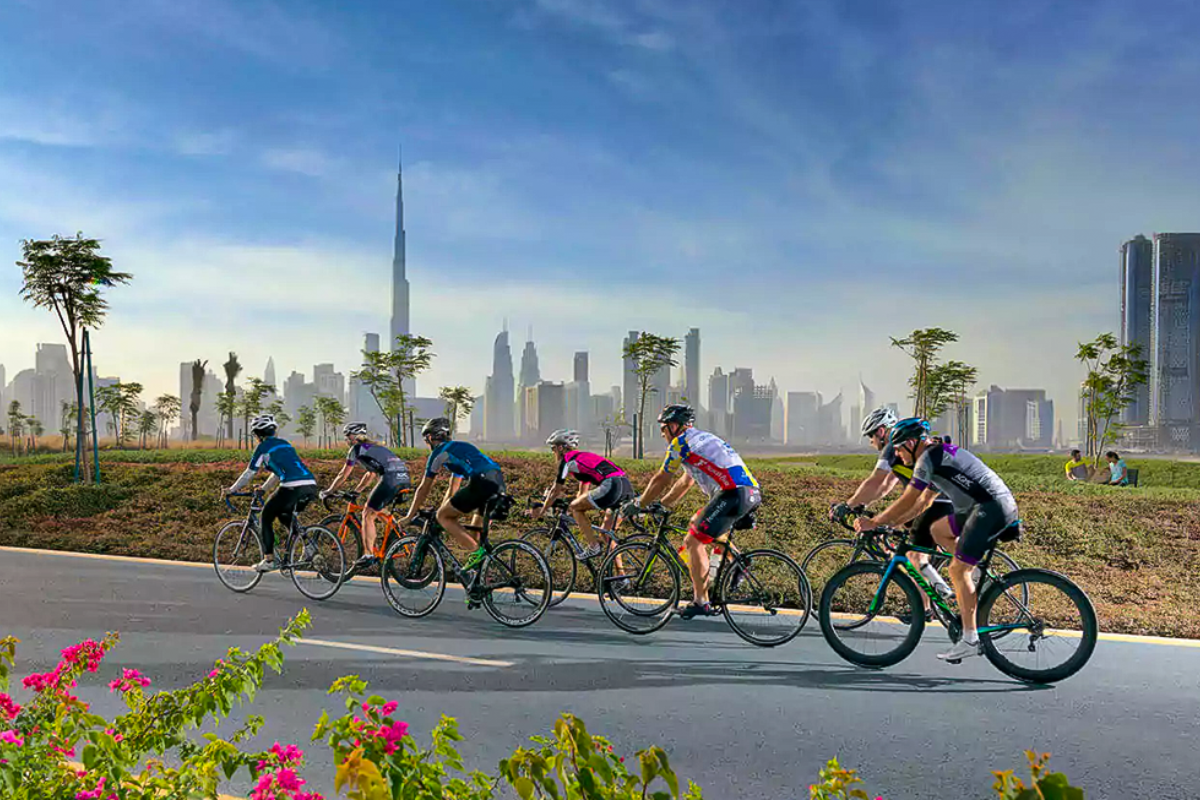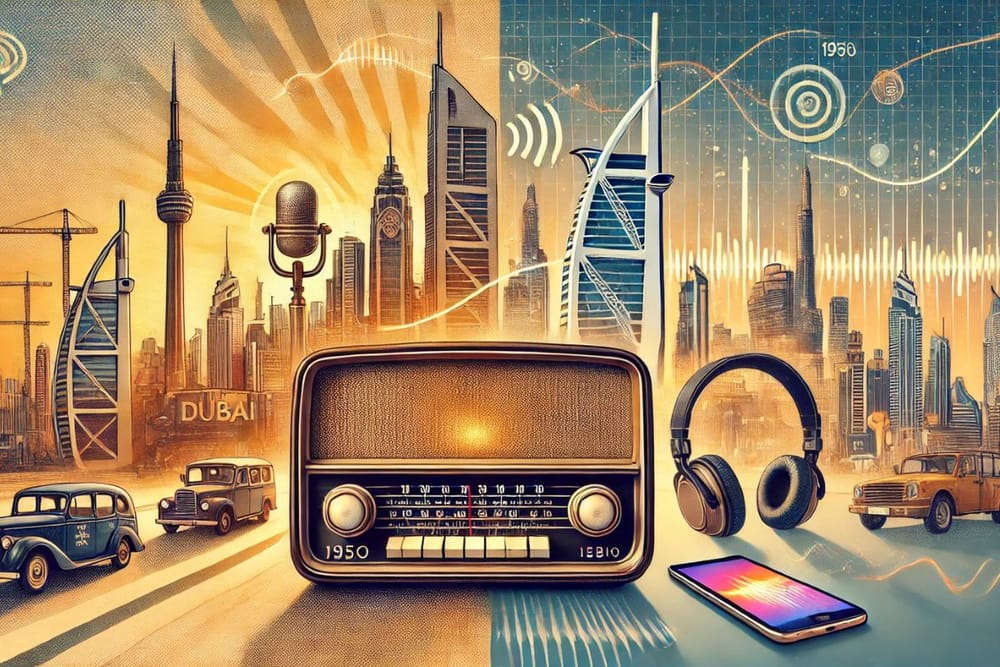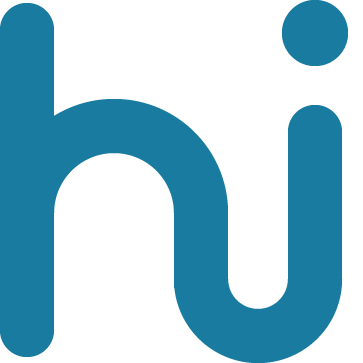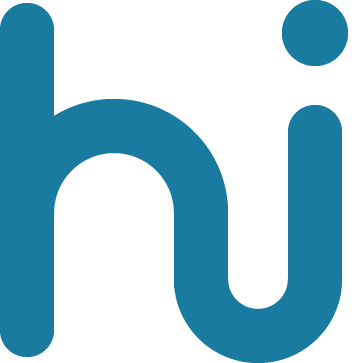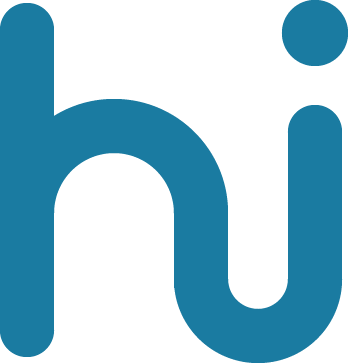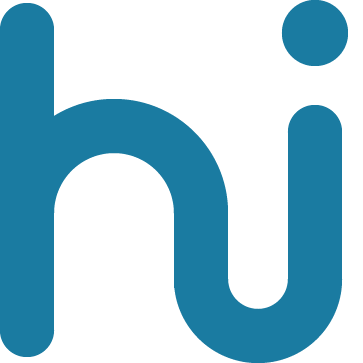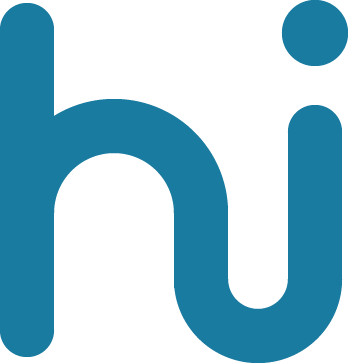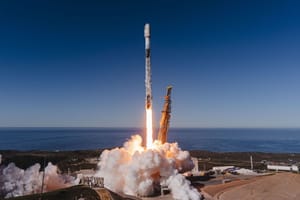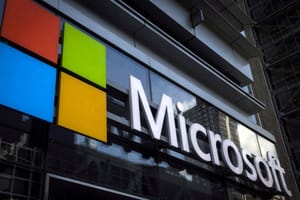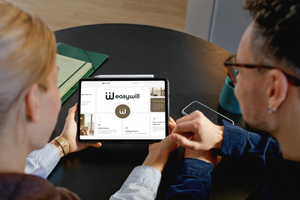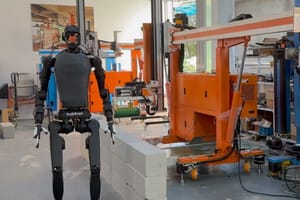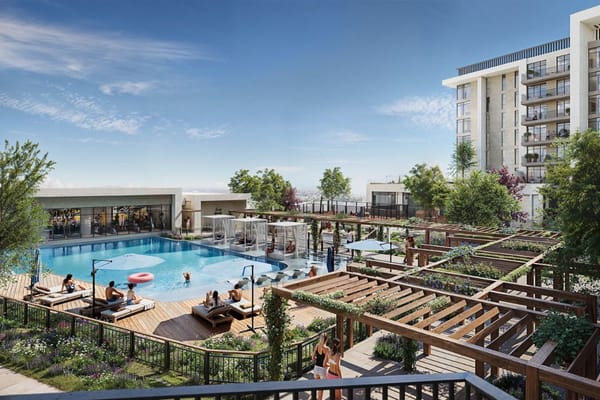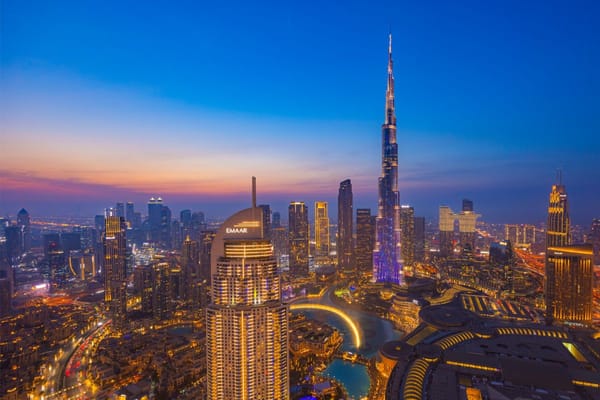It’s World Radio Day, and we’re tuning in to a medium that’s as timeless as it is innovative.
Radio has long been the soundtrack of everyday life, and in Dubai, its evolution mirrors the city’s incredible transformation. From the days when the airwaves were filled with static, to the rise of crystal-clear FM stations broadcasting music, news, and entertainment, radio has played a pivotal role in shaping how Dubai communicates and connects. Today, as the city continues to grow into a global hub of innovation and culture, radio remains an integral part of daily routines and adapts seamlessly to technological advancements while retaining its unique ability to bring people together.
From a single government-run station in 1971 to a diverse array of stations offering content in multiple languages, Dubai’s radio landscape has evolved to cater to a multicultural audience. As the city attracts residents and visitors from all corners of the globe, radio in Dubai has kept pace and offers a variety of content that speaks to the diverse tastes and preferences of its residents.
Despite the rise of digital platforms and streaming services, radio continues to thrive in Dubai, proving that it’s far from becoming obsolete. In fact, it has evolved alongside the city, becoming more interactive, more inclusive, and more accessible than ever.
Here's a closer look at the story of radio in Dubai: how it all started, how it adapted to new technologies, and what the future holds for this beloved medium in this city.
The Birth of Radio in Dubai
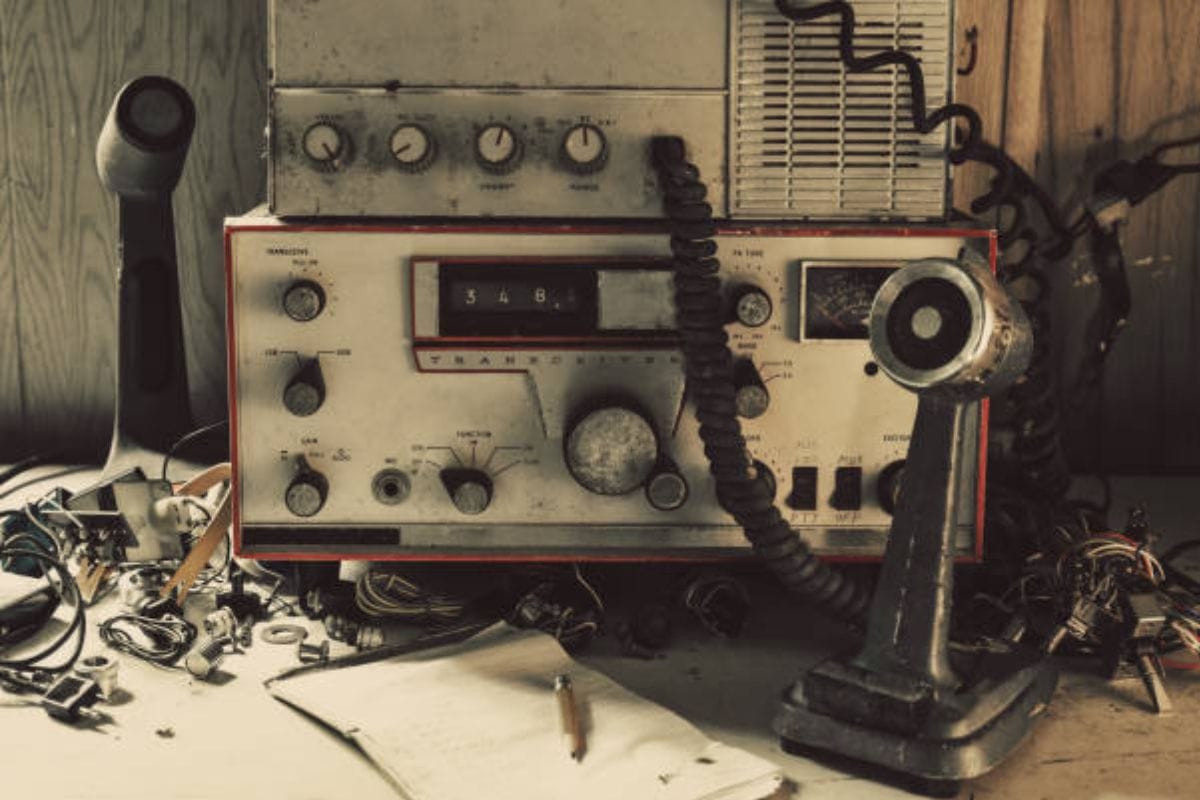
The origin of radio in Dubai is steeped in the charm of a bygone era, a time when the emirate was a quiet pearl-diving and trading hub, far removed from the glitzy metropolis it is today. In the 1950s, radio was a novelty, a magical device that brought the world closer to a community nestled between the desert and the sea.
The first radio signals to reach Dubai didn’t originate locally but drifted in from neighboring regions like Kuwait and Bahrain, where radio broadcasting had already taken root. These early broadcasts, primarily in Arabic, were a mix of news, Quranic recitations, and traditional music and offered Dubai’s residents their first taste of a medium that would soon become a cornerstone of daily life.
The real turning point came in 1955 when the British Forces Broadcasting Service (BFBS) established a radio station in the region. This station, primarily aimed at British expatriates and military personnel, introduced Dubai to a new world of entertainment and information. The BFBS broadcasts were a blend of British and international music, news bulletins, and light-hearted entertainment programs. For the local population, this was a fascinating introduction to Western culture, while for expatriates, it was a comforting slice of home in a foreign land.
The technology of the time was rudimentary, with radio sets often crackling and fading, but the impact was profound. Families would gather around their radios, captivated by the voices and sounds emanating from the small wooden boxes. It was more than just entertainment; it was a connection to the wider world, a source of knowledge, and a tool for cultural exchange. This humble beginning laid the foundation for what would eventually become a thriving radio industry in Dubai, one that would grow alongside the city itself.
The 1970s: The Dawn of Local Radio
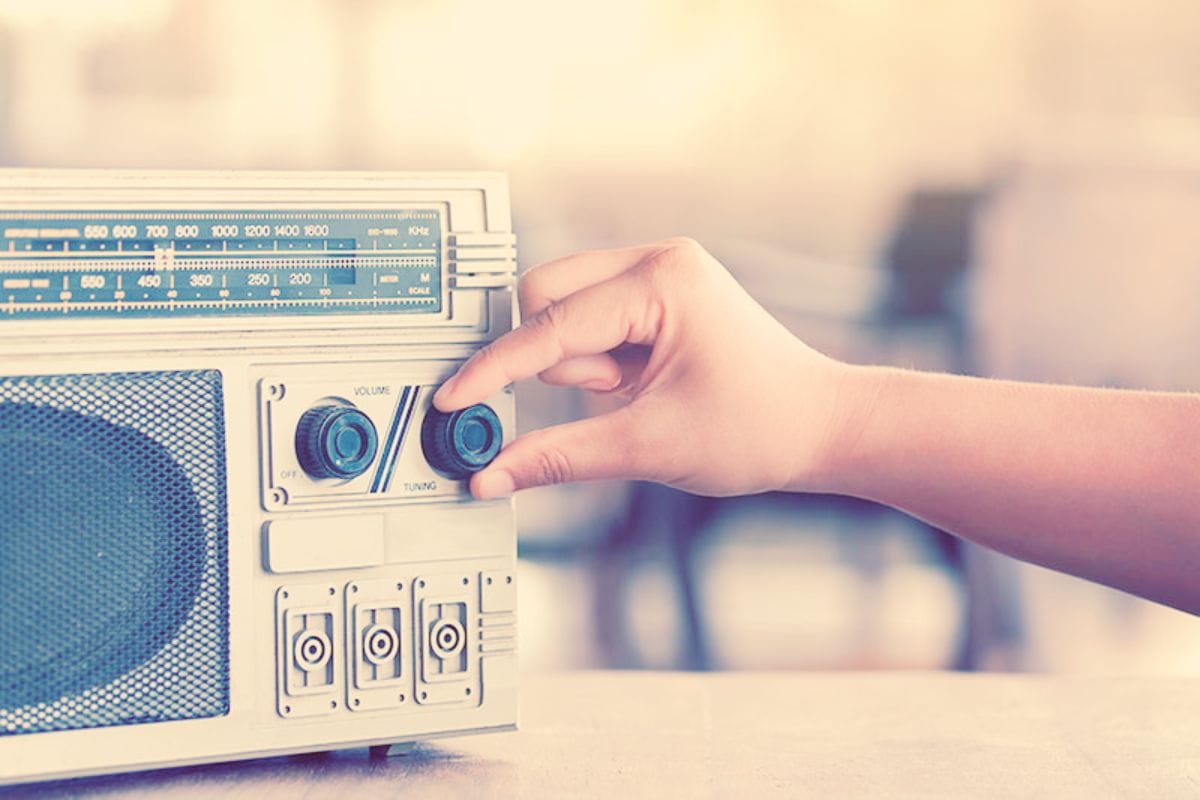
The 1970s marked a pivotal era for Dubai, not just in terms of infrastructure and economy, but also in its cultural and media landscape. This decade witnessed the birth of local radio, a medium that would soon become a cornerstone of the emirate’s identity. With the formation of the United Arab Emirates in 1971, Dubai entered a new chapter of nation-building, and radio emerged as a powerful tool to unify and inspire its people.
In 1971, Dubai’s first official radio station was launched. Broadcasting primarily in Arabic, it served as a voice for the nation, blending news, music, and cultural programming. The station was more than just entertainment; it was a bridge between the government and the people, disseminating information about the UAE’s rapid development, from the construction of iconic landmarks to the implementation of social programs.
By the mid-1970s, the station expanded its reach, introducing English-language segments to cater to Dubai’s growing expatriate community. This move reflected the city’s cosmopolitan spirit, laying the groundwork for the diverse radio landscape that would follow. The 1970s were not just the dawn of local radio in Dubai; they were the dawn of a new era of communication, one that would shape the emirate’s identity and connect its people in ways that were unimaginable just a decade earlier.
The 1980s and 1990s: Expansion and Diversification
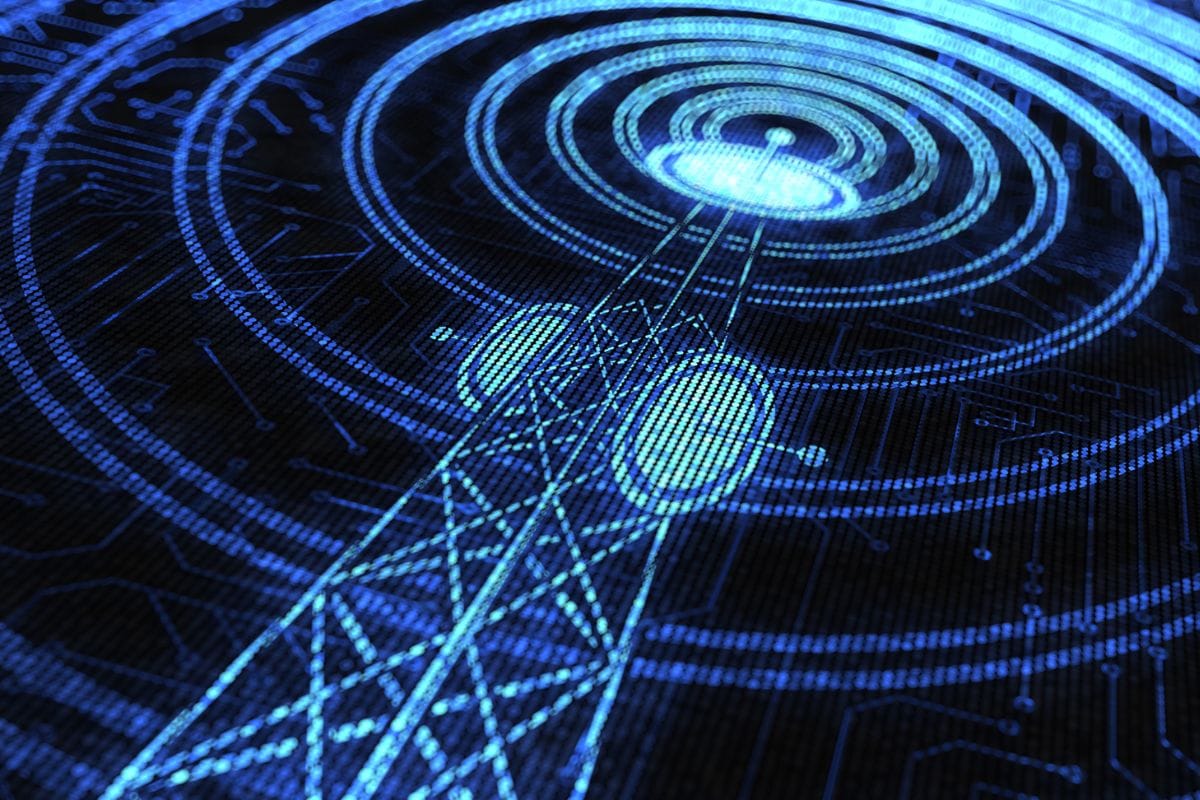
The 1980s and 1990s marked a period of significant growth and diversification for radio in Dubai, mirroring the emirate’s own rapid development during these decades. As Dubai’s skyline began to transform with the rise of iconic structures and its economy diversified beyond oil, the radio industry evolved to meet the needs of an increasingly cosmopolitan and multicultural population. This era saw the emergence of new stations, innovative programming, and a shift toward more interactive and audience-driven content.
Channel 4 FM debuted as the city’s first English-language radio station, targeting the expatriate population with a blend of international hits, news, and lifestyle programming.
In 1980, Emirates Media Radio was launched, becoming one of the first stations to cater to a broader audience with a mix of Arabic and Western music, news, and talk shows. This was a pivotal moment, as it signaled the beginning of a more inclusive approach to broadcasting, acknowledging the growing expatriate community that was flocking to Dubai for work and opportunity. By the late 1980s, radio had become a staple in households, cars, and workplaces, serving as both a source of entertainment and a vital link to the outside world.
The 1990s brought even more dynamism to Dubai’s radio landscape. This was followed by the launch of Dubai 92 in 1999, which quickly became a favorite among young professionals and families for its upbeat music and engaging presenters. These stations introduced a new era of interactivity, with phone-in shows, live contests, and audience participation segments that made listeners feel like active participants rather than passive consumers.
During this period, radio also began to reflect Dubai’s multicultural identity. Stations started incorporating programming in languages like Hindi, Malayalam, and Tagalog, catering to the South Asian and Filipino communities that had become integral to the city’s workforce. This diversification not only broadened radio’s appeal but also reinforced its role as a unifying force in a rapidly changing society. By the end of the 1990s, radio in Dubai had firmly established itself as a dynamic and inclusive medium.
The 2000s: The Golden Age of Radio
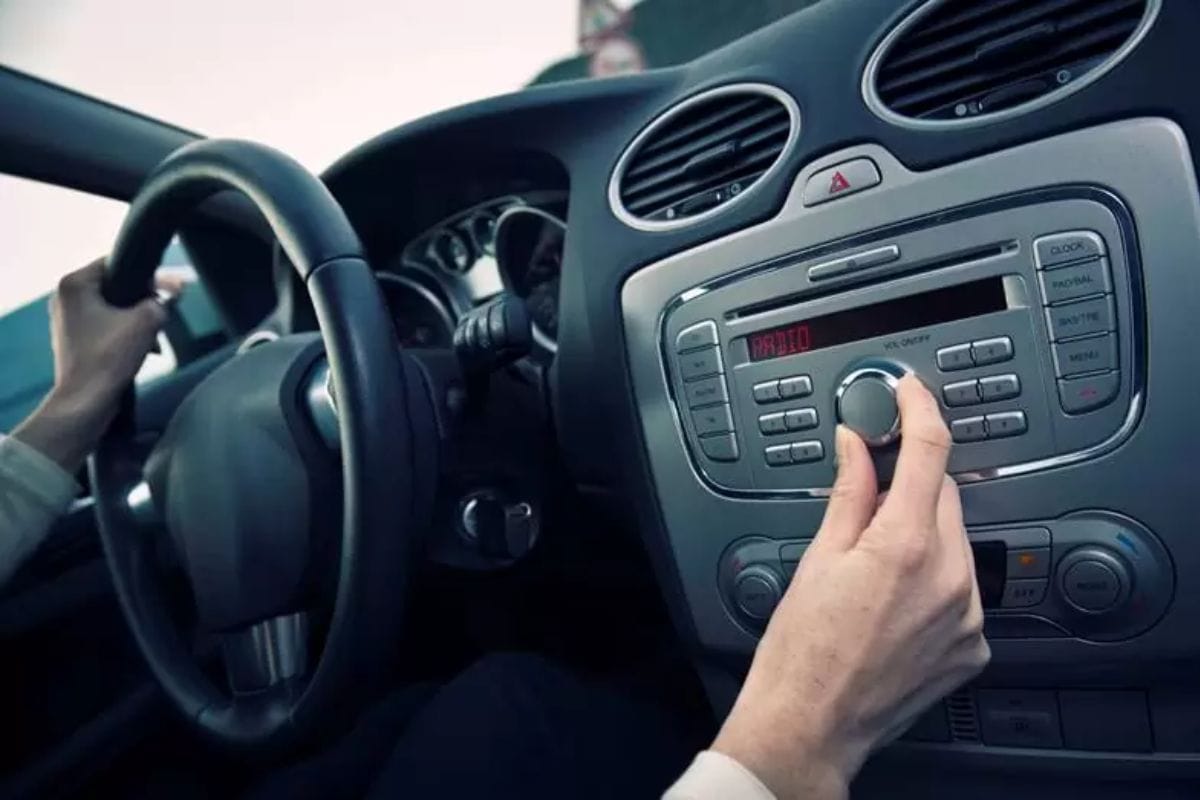
The 2000s marked a defining era for radio in Dubai, a period when the medium truly came into its own, reflecting the city’s meteoric rise as a global hub. As Dubai’s skyline transformed with iconic structures like the Burj Al Arab and the Palm Jumeirah, its airwaves were equally vibrant, buzzing with innovation and diversity. This was the golden age of radio, a time when the medium became more than just a source of entertainment.
The launch of Virgin Radio Dubai in 2006 was a game-changer. With its upbeat, international sound and celebrity-driven shows, it captured the youthful, energetic spirit of the city. Around the same time, ARN (Arabian Radio Network) expanded its portfolio, introducing stations like Dubai Eye 103.8 and Hit 96.7, each catering to distinct audiences. Dubai Eye became the go-to station for news, talk shows, and in-depth discussions, while Hit 96.7 resonated with younger listeners through its chart-topping hits and lively presenters.
This era also saw radio becoming a powerful platform for cultural exchange. Stations like City 101.6 and Radio 1 blended Western and Middle Eastern music, creating a unique sound that mirrored Dubai’s multicultural population. Meanwhile, Radio 4 and Asian Radio catered to the city’s large South Asian community, broadcasting Bollywood hits, regional news, and shows in Hindi, Malayalam, and Urdu.
Technological advancements played a key role in this golden age. The shift to FM broadcasting improved sound quality, making radio a more immersive experience. Interactive features like live call-ins, SMS contests, and social media engagement brought listeners closer to their favorite hosts, fostering a sense of community.
The 2000s were also a boom time for radio advertising, as businesses recognized its ability to reach a diverse and captive audience. This financial influx fueled further innovation, ensuring that radio remained a dynamic and evolving medium. In every sense, this decade was a testament to radio’s enduring relevance in a rapidly changing world.
The Digital Revolution
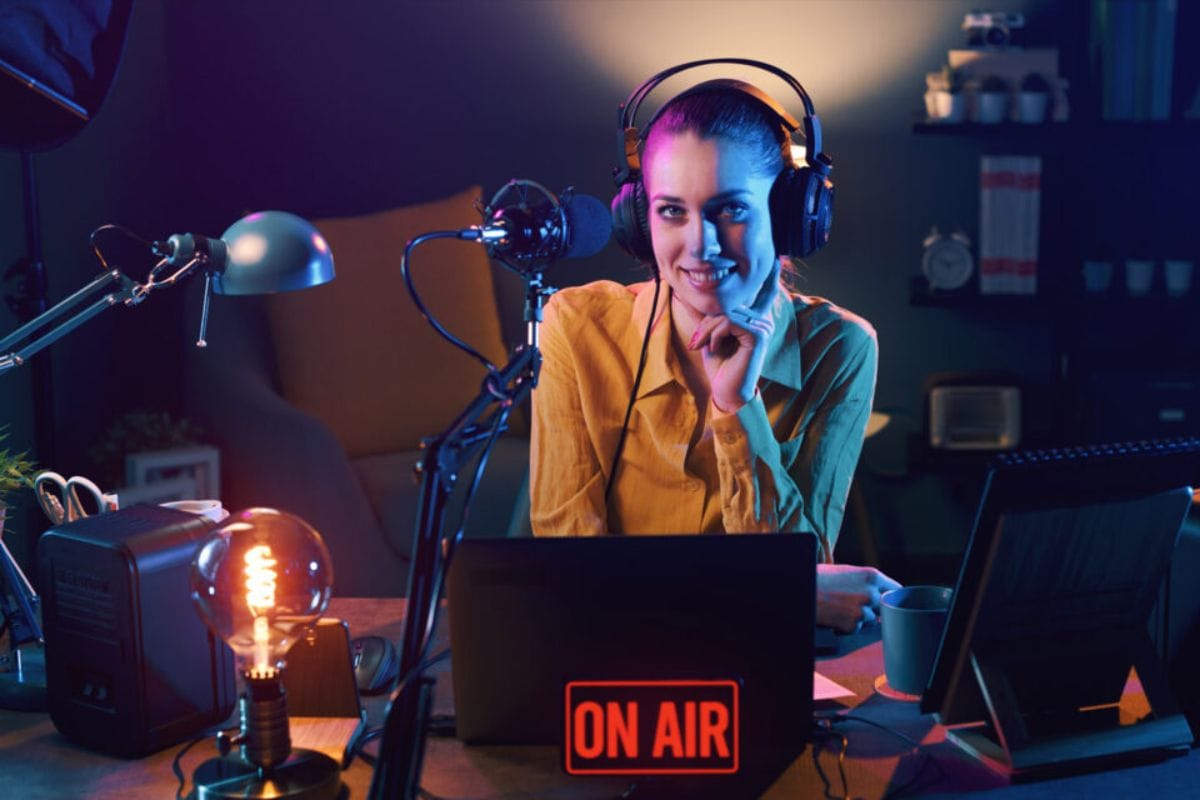
The 21st century ushered in a seismic shift in the way radio is consumed, and Dubai, ever at the forefront of innovation, embraced this transformation with open arms. The digital revolution redefined radio, turning it from a one-way broadcast medium into a dynamic, interactive, and on-demand experience. As smartphones, high-speed internet, and social media became ubiquitous, radio stations in Dubai adapted swiftly to remain relevant in an increasingly digital world.
One of the most significant changes was the rise of online streaming. Traditional FM stations like Dubai Eye 103.8 and Virgin Radio Dubai began offering live streaming on their websites and mobile apps, allowing listeners to tune in from anywhere in the world. This global reach was particularly important for Dubai, a city with a large expatriate population eager to stay connected to their home culture. Suddenly, a worker from India could listen to Bollywood hits on City 101.6, while a British expat could catch up on the latest UK news via Dubai 92; all from the palm of their hand.
Podcasts also emerged as a game-changer, offering listeners the flexibility to consume content on their own schedule. Dubai-based radio stations and independent creators began producing podcasts on topics ranging from business and technology to lifestyle and entertainment. Shows like The Business Breakfast by Dubai Eye became hugely popular, catering to the city’s ambitious professionals. This shift to on-demand content not only expanded the reach of radio but also allowed for deeper, more niche storytelling.
Social media further amplified radio’s impact. Platforms like Instagram, Twitter, and Facebook became essential tools for engagement, enabling stations to interact with listeners in real-time. Live polls, behind-the-scenes content, and viral challenges turned passive listeners into active participants.
The digital revolution also brought advancements in sound quality and accessibility. High-definition audio and voice-activated assistants like Alexa and Google Home made tuning in easier than ever.
The evolution of radio in Dubai is a testament to the emirate’s ability to adapt and innovate. From its humble beginnings as a crackling medium in the 1950s to its current status as a digital powerhouse, radio has remained a constant presence in the lives of Dubai’s residents. It has not only entertained and informed but also connected people, fostered cultural exchange, and supported economic growth.
Also Read:
